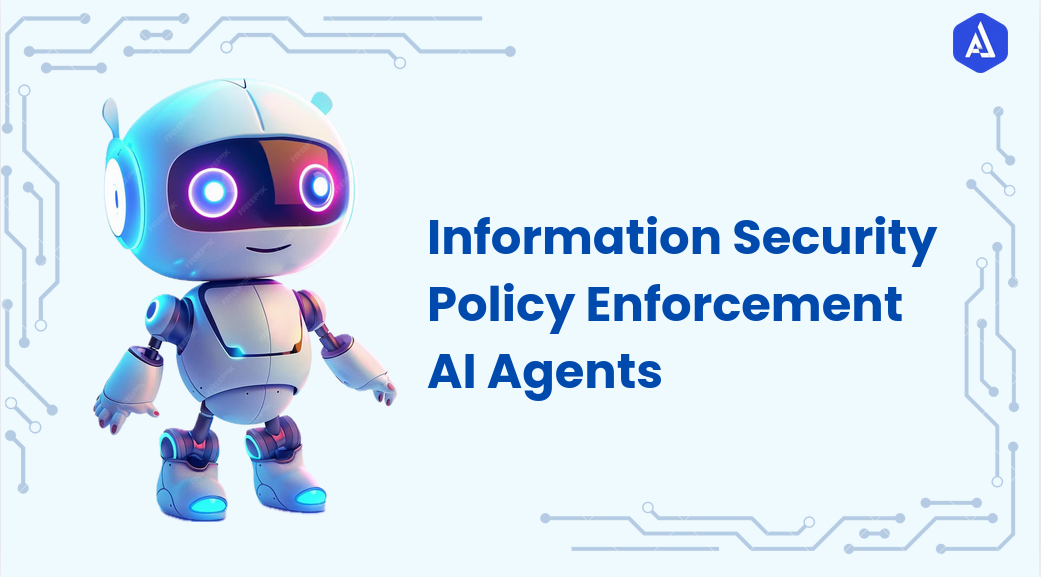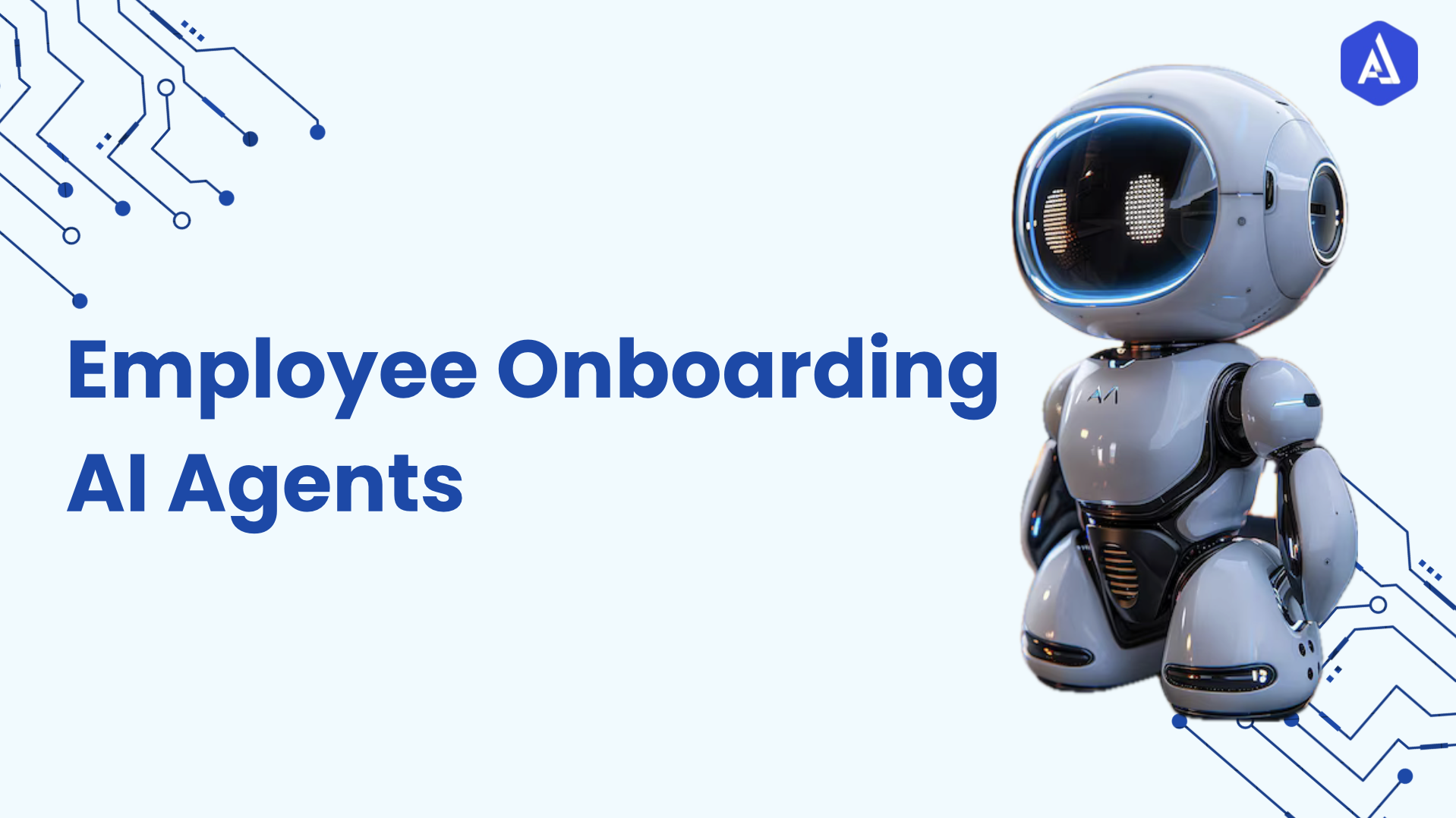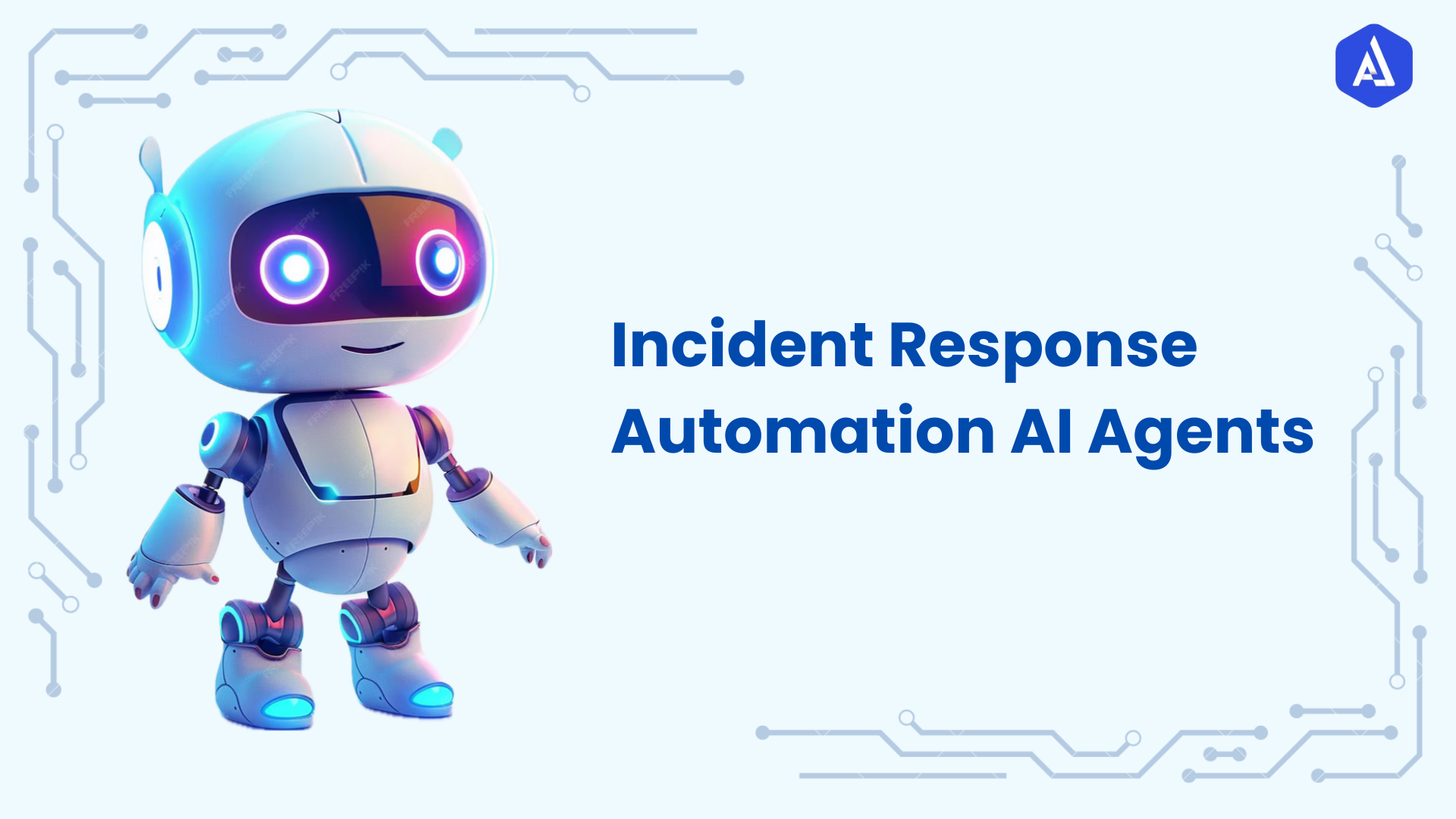Introduction
Microsoft Dynamics AI Agents are powerful tools to enhance customer relationship management (CRM) and enterprise resource planning (ERP) processes. These intelligent agents leverage artificial intelligence to provide insightful data analysis, automate routine tasks, and deliver personalized customer interactions, ultimately driving business efficiency and customer satisfaction.
About the Microsoft Dynamics
Microsoft Dynamics is a comprehensive suite of business applications that empower organizations to manage their operations, sales, customer service, and marketing more effectively. Key features of Microsoft Dynamics include:
-
Customer Relationship Management (CRM): Offers tools for managing customer interactions, tracking sales leads, and analyzing customer data to improve relationships and drive sales.
-
Enterprise Resource Planning (ERP): Integrates core business processes, including finance, supply chain, and inventory management, to streamline operations and improve decision-making.
-
Analytics and Reporting: Provides robust reporting tools and dashboards to visualize business performance metrics, enabling data-driven decision-making.
-
Integration Capabilities: Seamlessly connects with other Microsoft products and third-party applications, allowing for a cohesive ecosystem that enhances productivity.
-
Automation Tools: Features automation capabilities, such as workflows and process automation, to reduce manual tasks and increase operational efficiency.
These features make Microsoft Dynamics a pivotal tool for businesses seeking to enhance their operational efficiency and customer engagement.
About the Microsoft Dynamics AI Agent
Microsoft Dynamics AI Agents are integrated components within the Dynamics platform that leverage AI technologies to provide enhanced functionalities. Key characteristics include:
-
Intelligent Insights: AI Agents analyze vast amounts of data to deliver actionable insights, helping businesses make informed decisions based on real-time analytics.
-
Automated Workflows: These agents can automate repetitive tasks, such as data entry and lead qualification, freeing up employees to focus on higher-value activities.
-
Predictive Analytics: Utilizing machine learning algorithms, AI Agents can predict customer behaviour, sales trends, and operational bottlenecks, enabling proactive decision-making.
-
Natural Language Processing: The agents utilize NLP to understand user queries in natural language, facilitating easier interaction and improving user experience.
-
Integration with Power Platform: Microsoft Dynamics AI Agents seamlessly integrate with Power BI and Power Automate, enhancing reporting capabilities and automating workflows.
By incorporating AI Agents, Microsoft Dynamics empowers organizations to leverage data more effectively and streamline their business processes.
Use Cases
Microsoft Dynamics AI Agents can be applied in various scenarios, showcasing their versatility across different contexts:
-
Sales Automation: AI Agents can qualify leads by analyzing customer data and interactions and prioritizing high-value opportunities for sales teams to pursue.
-
Customer Service Enhancement: AI-powered chatbots can provide immediate customer support, answering queries and resolving issues without human intervention, thus improving response times and customer satisfaction.
-
Predictive Maintenance: In manufacturing, AI Agents can analyze equipment data to predict maintenance needs, reducing downtime and optimizing operational efficiency.
-
Marketing Campaign Optimization: AI Agents can analyze customer segments and behaviour patterns, enabling marketers to design targeted campaigns that resonate with specific audiences.
-
Financial Forecasting: AI Agents can analyze historical financial data to predict future revenue trends, helping finance teams make informed budgeting and investment decisions.
-
Inventory Management: AI Agents can predict stock needs based on sales trends and seasonal fluctuations, optimizing inventory levels and reducing carrying costs.
-
Human Resources Management: AI Agents can streamline recruitment processes by analyzing candidate data, matching candidates to job roles, and automating initial outreach.
These diverse use cases illustrate how Microsoft Dynamics AI Agents can enhance operational efficiency and customer engagement across various industries.
Benefits and Values
Integrating Microsoft Dynamics AI Agents into business processes offers numerous advantages that can significantly impact organizational success:
-
Increased Efficiency: By automating routine tasks and streamlining workflows, AI Agents reduce employees' workloads, allowing them to focus on strategic initiatives.
-
Improved Decision-Making: AI Agents provide actionable insights based on data analysis, enabling businesses to make informed decisions that align with their goals.
-
Enhanced Customer Experience: AI Agents facilitate personalized customer interactions, leading to improved satisfaction and loyalty through timely and relevant responses.
-
Cost Savings: Automating processes and improving operational efficiency can lead to significant cost reductions, allowing organizations to allocate resources more effectively.
-
Scalability: AI Agents can adapt to growing business needs, accommodating increased demand without the need for significant additional resources.
-
Data-Driven Strategies: The analytics capabilities of AI Agents enable organizations to track performance metrics and adjust strategies based on real-time data.
These benefits collectively contribute to a more agile and competitive organization, positioning businesses for success in today’s rapidly changing market.
Usability
To effectively utilize Microsoft Dynamics AI Agents, organizations should follow best practices to maximize their impact:
-
Setup:
-
Account Configuration: Ensure that the Microsoft Dynamics account is properly configured to access AI capabilities and features.
-
Integration with Existing Systems: Connect Microsoft Dynamics with other business applications to enable seamless data flow and maximize the use of AI Agents.
-
-
Operation:
-
Utilize Predictive Analytics: Regularly engage with the predictive analytics features to forecast trends and make data-driven decisions.
-
Automate Workflows: Identify repetitive tasks that can be automated using AI Agents and set up workflows to enhance efficiency.
-
-
Training and Adoption:
-
User Training: Provide comprehensive training for users on how to interact with AI Agents effectively, ensuring they understand all functionalities.
-
Encourage Adoption: Foster a culture of innovation by encouraging employees to explore AI capabilities and integrate them into their daily workflows.
-
-
Monitoring and Optimization:
-
Regular Performance Reviews: Monitor the performance of AI Agents and review analytics reports to assess their impact on business processes.
-
Continuous Improvement: Encourage feedback from users to identify areas for improvement and optimize AI Agent functionalities over time.
-
Documentation: Maintain detailed documentation outlining the capabilities of AI Agents, offering guidance on effective utilization and maximizing their value.
-
By following these guidelines, organizations can fully leverage the capabilities of Microsoft Dynamics AI Agents, enhancing their operational efficiency and overall productivity. This proactive approach to usability not only improves performance but also fosters a positive user experience, paving the way for successful adoption and long-term advantages.
Microsoft Dynamics AI Agents represent a transformative force in CRM and ERP processes, empowering organizations to achieve higher efficiency, accuracy, and engagement in their operations. The combination of advanced AI capabilities and an intuitive user experience positions Microsoft Dynamics as a leading solution for businesses seeking to thrive in today's digital landscape.
By embracing Microsoft Dynamics AI Agents, organizations can unlock their full potential, improve decision-making processes, and maintain a competitive edge in their respective industries. These agents' adaptability and intelligence make them invaluable assets in modern business operations.


